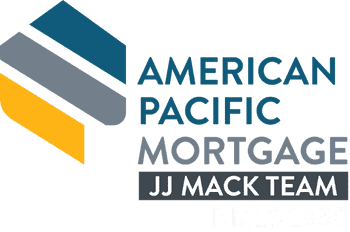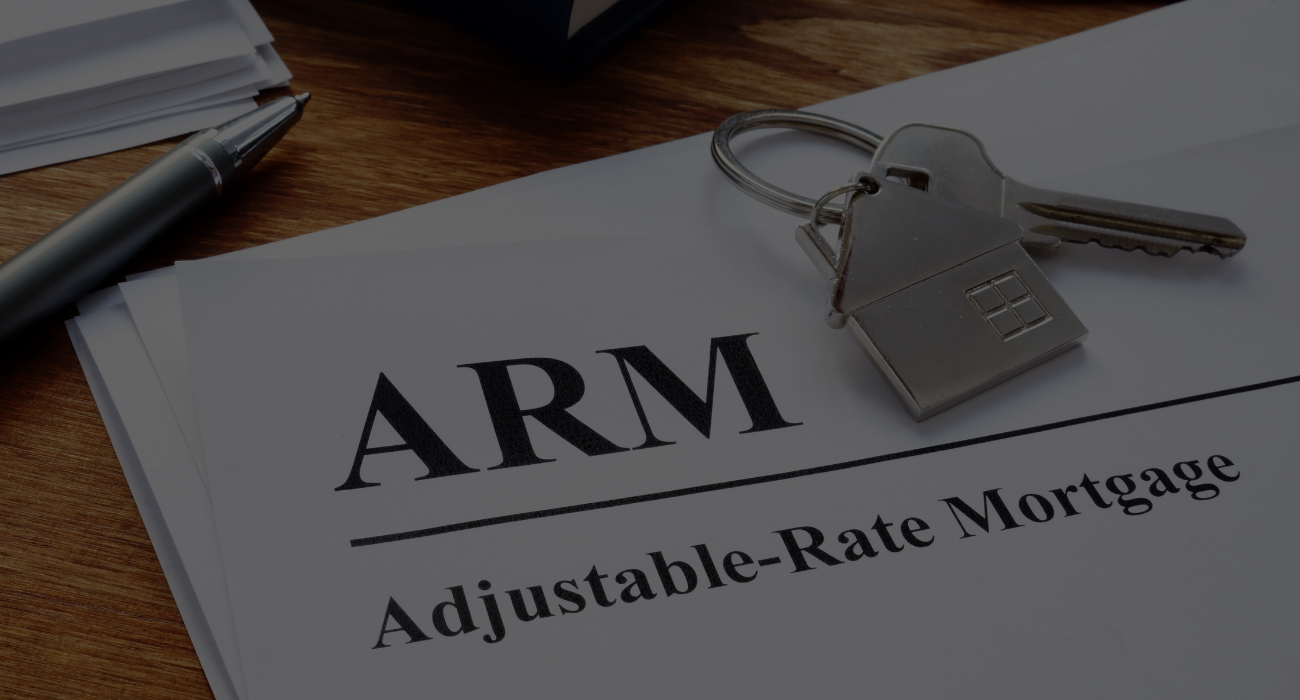The Pros and Cons of Adjustable-Rate Mortgages in California’s Current Market
If you’ve been exploring mortgage options in California, you’ve likely come across the term adjustable-rate mortgage (ARM). With interest rates fluctuating, many homebuyers in Roseville, Rocklin, and Loomis are asking: Is an ARM the right choice for me?
In this post, we’ll break down what an adjustable-rate mortgage is, its benefits and drawbacks, and how it fits into today’s housing market in Placer County and beyond.
What Is an Adjustable-Rate Mortgage?
An adjustable-rate mortgage (ARM) is a type of home loan where the interest rate can change periodically based on a financial index. Unlike fixed-rate mortgages, which have the same interest rate throughout the loan term, ARMs start with a lower initial rate that can adjust up or down after a set period.
For a detailed explanation, you can visit the Consumer Financial Protection Bureau’s guide on ARMs.
How Does an ARM Work?
ARMs typically have two periods: a fixed-rate period and an adjustable-rate period. During the fixed period, usually 3, 5, 7, or 10 years, the interest rate remains the same. After that, the rate adjusts annually based on an index plus a margin.
For more specifics on ARM terms and how they work, Fannie Mae provides an excellent overview.
Pros of an Adjustable-Rate Mortgage
1. Lower Initial Interest Rates
ARMs usually start with a lower interest rate than fixed-rate mortgages, which means smaller monthly payments during the initial term.
2. Potential Savings if You Sell or Refinance Early
If you plan to move or refinance before the fixed period ends, you could enjoy the lower rate without worrying about future adjustments.
3. Qualification Advantages
The lower starting payment can sometimes make it easier to qualify for the home you want, especially important in competitive markets like Roseville and Rocklin.
Cons of an Adjustable-Rate Mortgage
1. Rate Increases Over Time
Once the fixed period ends, your rate can go up, sometimes significantly, depending on market conditions.
2. Less Predictability
Your monthly payment could change annually, making long-term budgeting more difficult.
3. Higher Lifetime Costs
If rates rise sharply, an ARM can end up costing more over the life of the loan compared to a fixed-rate mortgage.
Is an ARM Right for You in California’s Market?
Adjustable-rate mortgages can make sense for:
-
Buyers who expect to move within a few years
-
Borrowers planning to refinance before the fixed period ends
-
Those confident in handling possible payment increases later
However, if you want long-term stability, a fixed-rate mortgage might be the safer option.
Local Insights for Roseville, Rocklin, and Loomis
In competitive markets like Placer County, ARMs can be a strategic tool helping buyers afford the home they want without overextending in the short term. Still, it’s crucial to understand your risk tolerance and have a clear exit strategy.
The Bottom Line
An adjustable-rate mortgage offers flexibility and potential savings, but it also comes with risks. If you’re considering an ARM in Roseville, Rocklin, or Loomis, work with a local mortgage expert who understands both the California market and your long-term goals.
Ready to explore your loan options?
Our team can help you compare ARMs and fixed-rate loans so you can choose the one that fits your budget and plans. Contact us or fill out the form below to get started.

